When I go out and about into the world I take an extra 4 legs with me; I have an assistance dog. Her name is Hope. Most of the time when we're in public at least a few people will come up and ask some questions about her. Depending on how busy I am I'll stop to explain/answer.
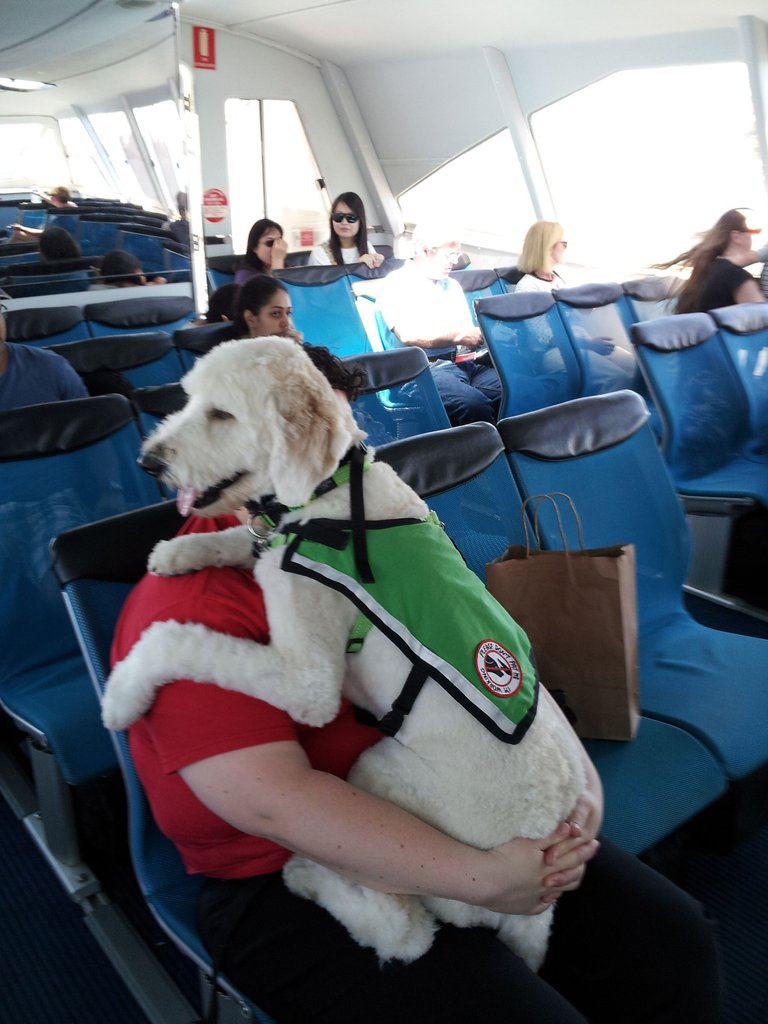
It occurred to me today that I have almost become 'immune' to the sheer 'amazingness' of my Hope.
Hope assists with a number of conditions. Primarily she is there to identify low blood sugars and let me know before I become unconscious or incapacitated by them. She's also there as an autism assistance dog; to calm me and reduce the sensory overload when I become overwhelmed.
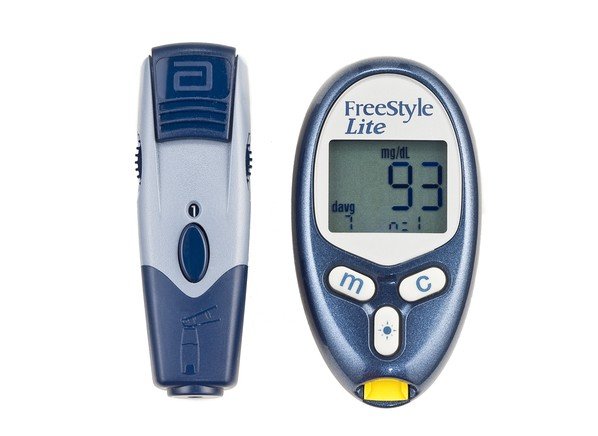
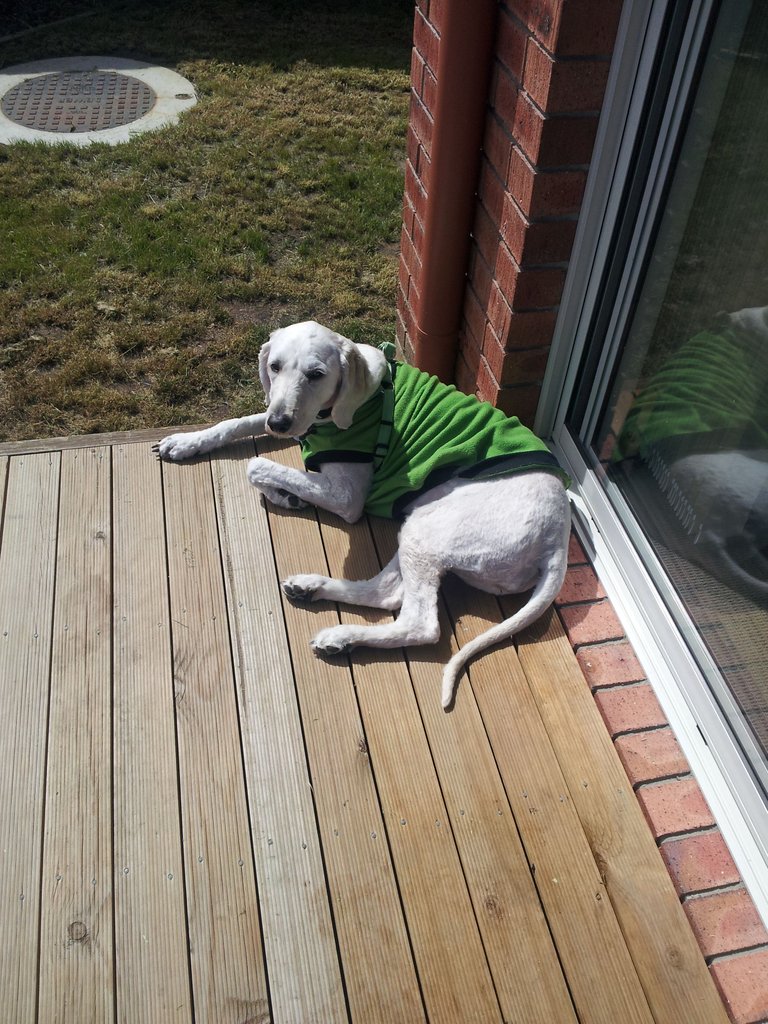
So how does it work? Apparently when humans become hypoglycaemic (low blood sugar) we breathe out something called isoprene. This chemical is 'unique' to a hypoglycaemic state. While humans can't smell it, dogs can. A dog's sense of smell is 200-20000 times stronger than a human being's. So using her nose, Hope can tell me before I realise I am having an issue with my sugars. This allows me to address the situation (eat/drink) and get on with my day uninterrupted.

Of course there are occasions where my sugar level doesn't rise as fast as Miss Hope would like. This is when she might turn to others for help. Her normal alert is 'between the two of us' (just a lick of the hands). But, if she's not satisfied she will use her voice to alert those around me that I may need their help. Around familiar people this is enough to get people checking if I need any extra help or medical attention. Once she's assured herself that someone is monitoring the situation Hope will desist in barking (good system really).
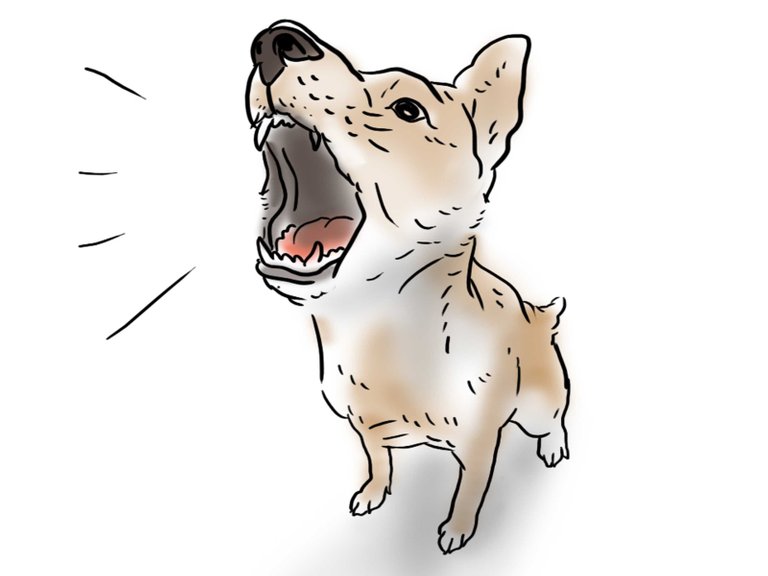
I often get asked whether she just alerts to my sugar levels. The answer is "No". Hope has alerted friends, colleagues and my patients to issues with their sugar levels. So if I'm near you and my darling fuzzball decides to lick you to death it might be worth considering an OJ and sandwich.
Like many independent adults, sometimes I have lived alone. That can be a daunting prospect when you know that your medical condition could render you unconscious at any time. But never fear, with Hope around there's added assurance. She may not be able to bark loudly enough to alert the neighbours, but this super-dog can call an ambulance. When she was only 2 years old she was taught to push a modified medical-alert-alarm button if I became unconscious while alone at home. She's used this system effectively a number of times. Not only has she mastered the art of calling paramedics, she knows that there is usually one spare (who she can play with) when they arrive. So this gorgeous girl makes sure that after she's pushed a button to call for help that she has a toy close by for a 'potential play date'.
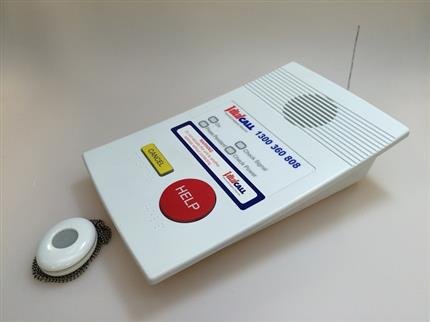
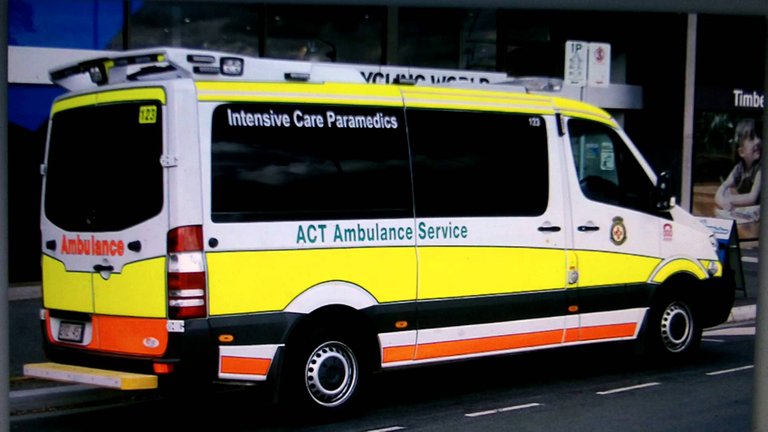
So when you see me out and about with my darling girl, or someone else with an assistance dog, just think about the very crucial and special role these animals can play!